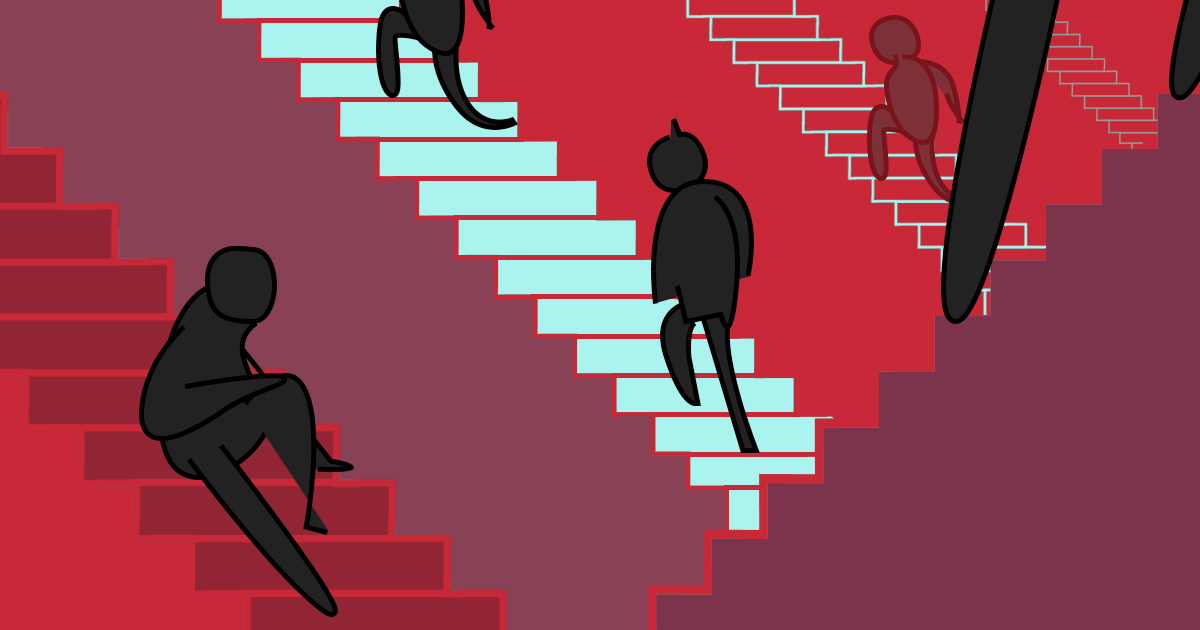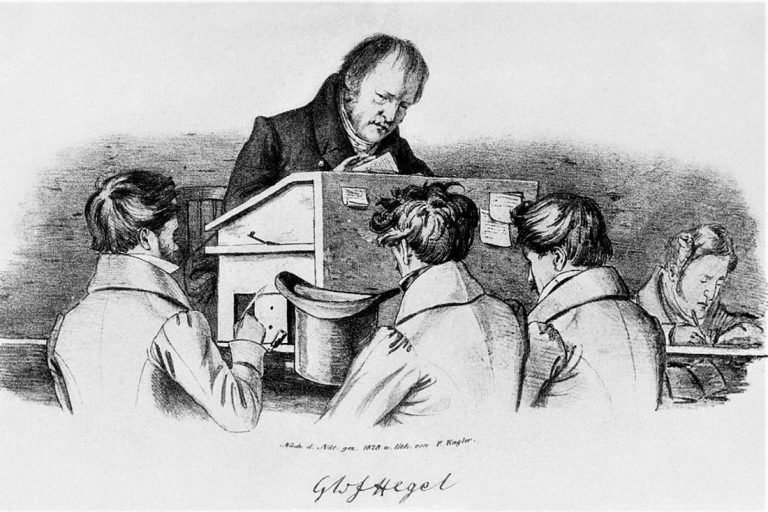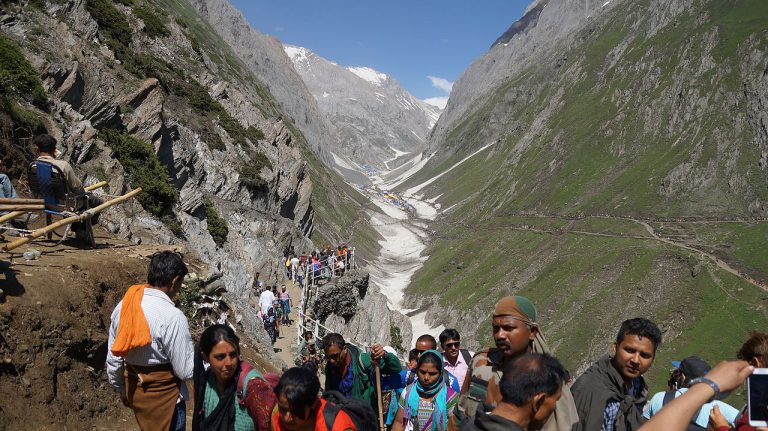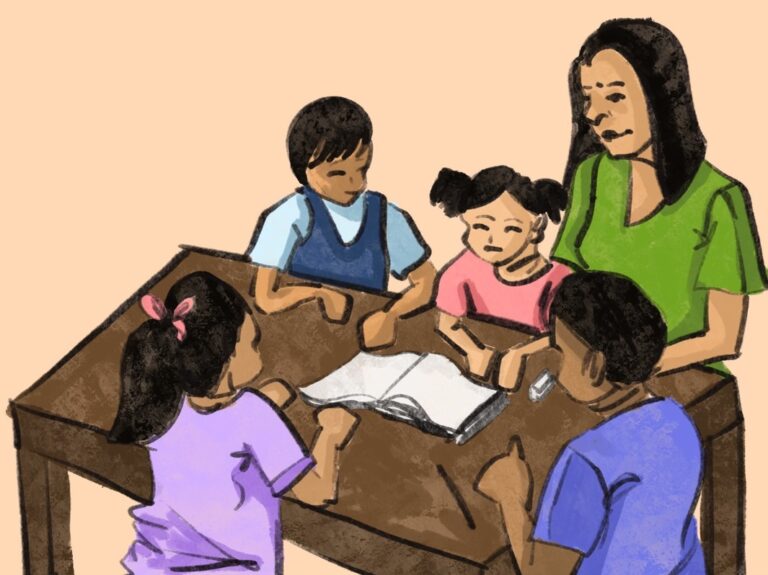In defense of reservations for economically weaker sections
On January 8, 2019, the One Hundred and Twenty-fourth Constitutional Amendment Bill was introduced in the Lok Sabha and subsequently, with an overwhelming majority, the bill was passed paving way for 10% reservation for Economically Weaker Sections (EWS). With a modification of Articles 15 and 16 of the Constitution, the government of India prescribed the reservation as mentioned above in the educational and employment sectors for people who are not included in the category of SC/ST and OBC. The rationale was that the amendment could empower state governments to provide reservations based on economic backwardness – determined by criteria such as land owned, annual income, etc[1].
The distinct feature of EWS reservation has been to consider economic backwardness as a criterion to extend reservation in education and employment. To claim the reservation, an individual has to produce an Income and Asset Certificate after appropriate verification done by the authorities at the block level, to ensure the income levels are below 8 lakhs along with the limits on land-related property. The state governments are not required to abide by such reservations, but they could make them whenever they feel appropriate.
Historical data allows for the essence of reservation in India to be traced back to the pre-independence period. In 1882, the debate on reservation started between William Hunter and Jyotirao Phule. For the first time, 50% reservation was given for the Economically Weaker Section in 1902. Caste-based reservation was formally initiated in 1908 in the Madras Presidency. A conscious attempt was made in the constituent assembly, especially under the draughtsmanship of Dr. B.R. Ambedkar, which made constitutional obligations upon the government to extend caste-based reservations to people who were historically discriminated against and exploited. The timeline for the reservation policy was set out for ten years, in addition, the government would have the power to extend after considering the social status of the backward sections.
The constitution of India upholds the principle of Affirmative Action under Articles 15 and 16 in the context of education and employment. By adding clause 6 in those articles, the government extended the circle of reservation for the economically weaker sections which, for many, would be an unconstitutional step towards veiling historical injustices. A public debate has been started in all forums to criticize the Act that accommodates the upper caste people on the basis of their economic weakness. Objections were raised from different sections to check the reservation’s validity. Still, people from socially backward sections are making sharp comments on the constitutionality of the Act since the EWS reservation has been made to create a separate section in the social fabric.
For Dr. Ambedkar, the reservation of seats was an instrument to uplift the socially excluded sections in the political representation rather than to make them benefit on economic and political grounds. Moreover, the equality principle has been placed before the EWS reservation as a violation of the basic structure of the constitution; in particular, the 103rd Constitutional Amendment seems to be a drawback for the lower caste people who were historically challenged by the upper caste. Another prominent issue would be the creation of reservations for the individual rather than the sections. It is being treated that the EWS reservation has been trying to strengthen upper caste people without considering their social upbringings.
In the recent past, to check the constitutional validity of the 103rd Constitutional Amendment Act, around 20 petitions were placed before the Supreme Court of India in 2020. After refusing to hear in a three-judge bench, the court decided to place the petition before a five-judge bench. On September 13, 2022, the court started hearing the case and finally, the verdict came on November 7, 2022, in the famous Janhit Abhiyan vs Union of India Case. In the majority opinion of 3:2, the court maintained the legality of EWS reservations as the valid method to provide educational and employment opportunities to the people of upper caste on the basis of economic criteria.
In response to the violation of the basic structure of the Constitution through EWS reservation, Justice Maheshwari observed that “EWS amendment does not violate the basic structure as it is based on economic criteria. State forming special provision for EWS quota does not violate the basic structure”. The court also made clear that the 50% limit in the matter of reservation, as decided in the Indira Sawhney vs Union of India Case in 1992, would be exceeded with special provisions made under Articles 16(4) and 16(5).
In addition, the court also fortified the 50% ceiling as “Not Inflexible”, and could be modified under different circumstances by the legislature. The Supreme Court, through the minority views, reiterated the discriminatory provision by the government of India to alter the constitutionally granted parameters. The then Chief Justice of India UU Lalit and Justice Bhat denied the EWS reservation on the ground of sharp discrepancy between the existing constitutional provisions and the newly made reservation system. The dissenting views were made to maintain the status quo and to prevent the government from altering the existing system of affirmative action.
To validate the EWS reservation, there are some lucrative justifications other than the judicial verdict of the Supreme Court of India. Since the reservation is a method to uplift the incapable, EWS reservation should be treated as the same policy to strengthen the people with economic backwardness. Several reasons are discussed below.
First, the concept of backwardness should not be treated only from the perspective of social and educational standards. The government has accepted the emerging dynamics from time to time as the themes for reservation, for instance, earlier only SC and ST categories were given reservation. During the period of then Prime Minister V.P. Singh, as per the Mandal Commission’s recommendation, reservation was made available for the educationally backward people, popularly known as the Other Backward Class (OBC).
Likewise, it is not detrimental to provide reservations based on economic backwardness because the economic standard of an individual can be the yardstick to judge their backwardness. As regards reservation, Rangnath Mishra Commission had reportedly opined that it should ideally be based on poverty rather than on the basis of Caste[2]. If the reservation is available to minimize the social and educational backwardness, then the economic criteria must have value in making a reservation policy.
Second, with respect to historical injustices perpetrated by the upper caste people being gradually compensated through affirmative action. But affirmative action pushes the people of the upper caste into a competitive market where the competition for educational and employment opportunities is comparatively sharper than the other reserved categories. Apart from that, people from the upper caste, before the EWS reservation policy, were suffering from anxiety about limited opportunities with heavy competition.
Moreover, in competitive sectors such as medicine and engineering, upper-caste students from lower economic backgrounds had been facing severe problems in terms of admission and selection. In the process of correcting historical justice, economically challenged people should not be treated as villains of such history. Furthermore, the constitution of India is not only a document to correct historical injustices rather a document to strengthen all the sections to form an inclusive society.
Third, reservation for the Economically Weaker Section is not a reservation by birth but rather a reservation by status. The most justified argument in favor of EWS would be its availability for the people who are suffering from economic backwardness (below 8 lakhs per annum as decided by the Centre). Due to the strict economic limitation, the reservation has no guarantee of permanency; unlike other categories like SC, ST, and OBC, an individual can’t claim the reservation if their income crosses the prescribed limit per se. The people from SC, ST, and OBC categories have been enjoying the fruits of reservation despite their economic advancement on a large scale. The income limits make social mobility in the EWS reservation system possible, which protects the real interests of the needy upper-caste people.
Fourth, unlike SC, ST, and OBC categories, EWS reservation has been made accessible only to the individual rather than the section from which they belong. The individualistic approach was followed to facilitate individuals against the belonging groups. In layman’s understanding, the reservation will be given on the basis of income without considering the section/group where the individual lives. Other than EWS, all the other categories have been receiving the fruit of reservation from belonging rather than their current economic status. Reservation based on groups protects the creamy layer sections of those who have upgraded themselves and are still getting reservations in the education and employment sectors.
Fifth, the Supreme Court of India observed that reservation is not a fundamental right. No person has the right to move to a court of law for enforcing reservation. It is the primary responsibility of the government to point out the deserving individuals and sections for reservation on the basis of their respective backwardness. Under Article 46, the state is directed to ensure the fairness of treatment for the economically weaker sections.
In reference to the above constitutional provision, the government has made the reservation under the EWS policy. No clause or article of the constitution extends the power to the people from backward castes for demanding reservation. Apart from that, the Supreme Court of India has also mentioned in the judgment that the reservation policy must not expand for an unlimited period. The government has to make a strong policy to exclude the creamy layer section from all the categories.
In a democratic political set-up, all people are entitled to attain some basic rights and liberty which are available within a constitutional framework. Special provisions are supposed to be made for those incapable to do so. Moreover, the constitution of India, since its creation in 1950, has been extending viable opportunities for marginalized people and most probably the backward sections. The time has come when we need to define the real definition of backwardness rather than make allegations against one another.
The recent Supreme Court ruling on the EWS quota is expected to shape the procedural as well as aspirational dynamics of the discourse of affirmative action in India[3]. Through EWS reservation, the Government of India has encircled the “Zone of Interference” where the government could make policies for reservation. Despite some negative sides of EWS reservation, it has shaped a complete structure to inculcate the economic vulnerability of the people along with strict criteria. An inclusive reservation in education and employment has been made possible with the EWS reservation policy.
References
[1] Desk, E. (2022, November 8). With Ews reservation up for Supreme Court review, a look at the case so far. Retrieved from The Indian Express: https://www.google.com/amp/s/indianexpress.com/article/explained-law/ews-reservation-case-supreme-court-8253279/lite/
[2] Prabhakar, D. P. (2022, October 14). A strong case for reservation on economic basis. Retrieved from Times of India: https://www.google.com/amp/s/timesofindia.indiatimes.com/blogs/truth-lies-and-politcs/a-strong-case-for-reservation-on-economic-basis/
[3] Ghosh, A. K. (2022, November 23). The new Economically Weaker Sections (EWS) Quota: The changing idea of affirmative action. Retrieved from ORF: https://www.google.com/amp/s/www.orfonline.org/expert-speak/the-new-economically-weaker-sections-ews-quota/









Nicely articulated, along with a great manifestation of facts. Could have added a few opposing sides or concerns in general.